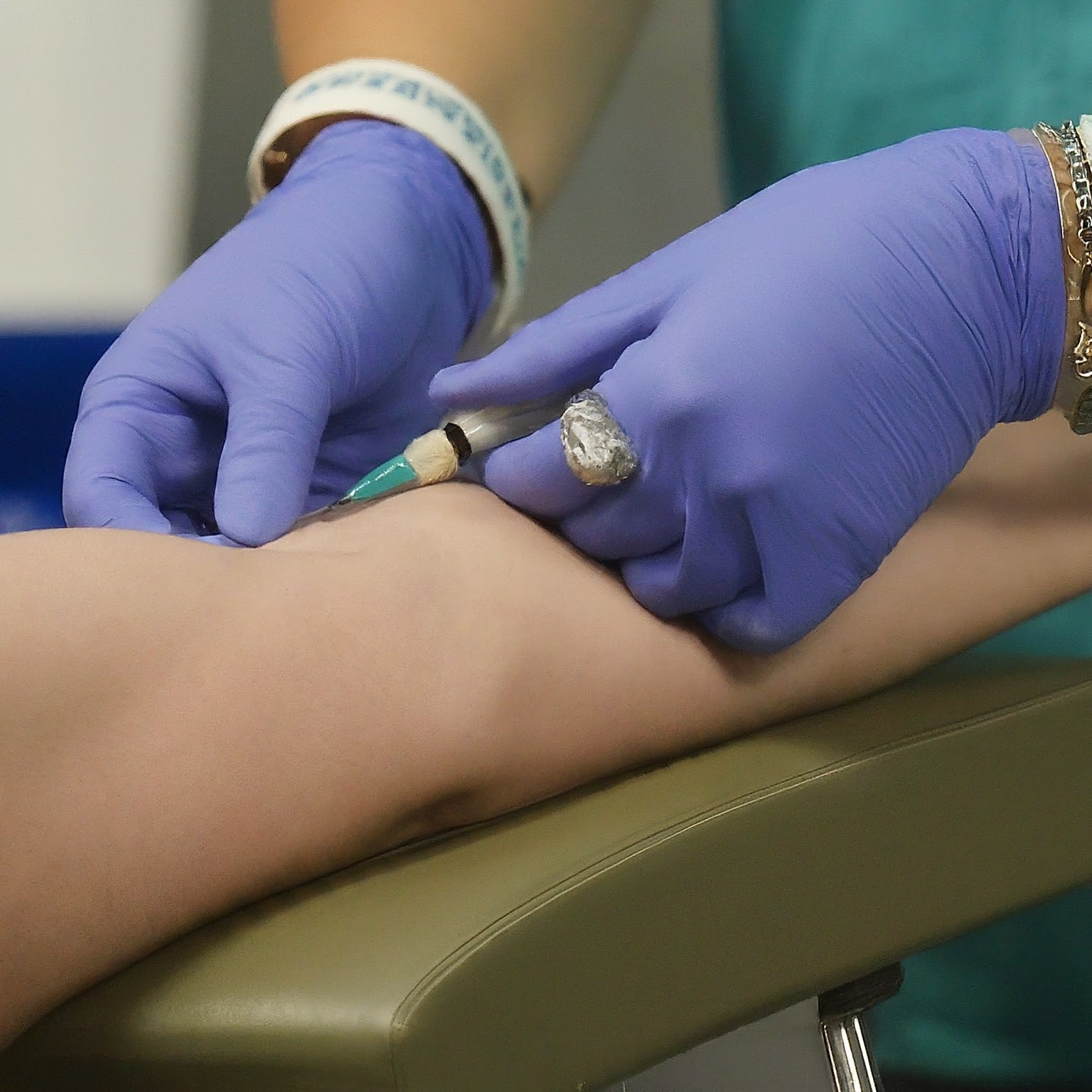About the Author:
Dr. Amelia Fernandez is a board-certified gastroenterologist with over 15 years of experience. Passionate about preventive healthcare, Dr. Fernandez stays current on the latest advancements in colon cancer screening methods.
Introduction
Colon cancer is the second leading cause of cancer-related deaths in the US, but early detection is key to successful treatment. While colonoscopies are considered the gold standard for screening, many people find them invasive and uncomfortable. Exciting news emerged recently: an FDA panel recommended approval for a new blood test for colon cancer screening! Let’s delve into what this means for you and the future of early detection.
Understanding Colon Cancer Screening
Early detection of colon cancer significantly increases survival rates. Colonoscopies allow doctors to visualize the colon lining and remove precancerous polyps before they turn cancerous. However, some drawbacks exist:
- Invasiveness: Colonoscopies require bowel preparation and sedation, deterring some people from scheduling them.
- Cost: Colonoscopies can be expensive, even with insurance.
- Accessibility: Finding a gastroenterologist for a colonoscopy can be challenging in some areas.
The Rise of Blood Testing for Colon Cancer
The recent FDA panel’s recommendation paves the way for a new approach – blood testing for colon cancer screening. This test analyzes a patient’s blood for specific DNA markers associated with cancer.
Benefits of Blood Testing:
- Non-invasive: A simple blood draw replaces the more invasive colonoscopy procedure.
- Convenience: Blood tests can be performed at a doctor’s office or even a lab, increasing accessibility.
- Potential for Increased Screening Rates: A less intimidating test might encourage more people to get screened regularly.
Key Considerations of Blood Testing
While promising, blood testing for colon cancer screening is still in its early stages. Here are some key factors to consider:
- Accuracy: Blood tests may not be as accurate as colonoscopies in detecting early-stage cancer or precancerous polyps.
- Follow-up Procedures: A positive blood test might still require a colonoscopy for confirmation and polyp removal.
- Cost-Effectiveness: The long-term cost-effectiveness of blood testing compared to colonoscopies remains unclear.
Here’s a table summarizing the key points of colonoscopy and blood testing for colon cancer screening:
| Feature | Colonoscopy | Blood Test |
|---|---|---|
| Procedure | Invasive | Non-invasive (blood draw) |
| Accuracy | High | Lower accuracy for early-stage cancer and polyps |
| Follow-up Procedures | May be needed | Likely needed for positive test results |
| Cost | Can be expensive | Cost-effectiveness unclear |
| Accessibility | May be challenging | More accessible |
Who Can Benefit from Blood Testing?
Blood testing could be a valuable option for:
- Individuals hesitant about colonoscopies: This less invasive approach might encourage them to get screened.
- People at average risk: For those with no risk factors, a blood test could be a first-line screening tool.
- Those due for a repeat colonoscopy: Blood tests might offer an alternative in between colonoscopies.
The Road Ahead: Blood Testing and Colon Cancer Screening
The FDA panel’s recommendation is a significant step forward. However, further research is needed to determine the long-term role of blood testing in colon cancer screening. Here’s what to expect:
- FDA Decision: The FDA will make a final decision regarding the blood test’s approval based on the panel’s recommendation.
- Future of Blood Testing: Expect advancements in accuracy and the potential for detecting specific cancer types through blood tests.
- Shared Decision Making: Discuss your individual risk factors and preferences with your doctor to determine the best screening approach for you.
Conclusion
The potential of blood testing for colon cancer screening offers exciting possibilities. While it might not completely replace colonoscopies, it provides a valuable alternative for many. Stay informed about future developments, and remember, early detection is crucial for successful treatment. Talk to your doctor about your personal screening options and take control of your colon health!





